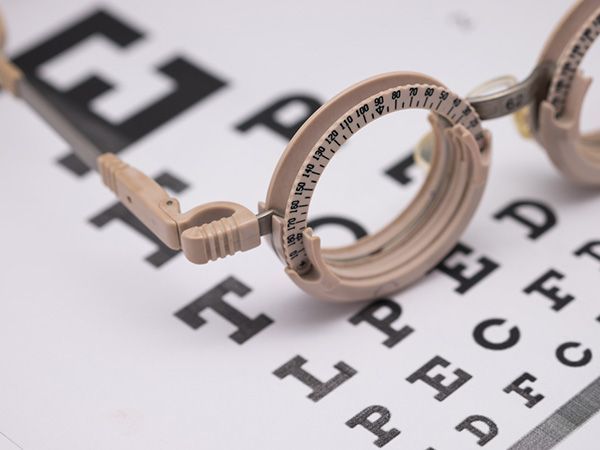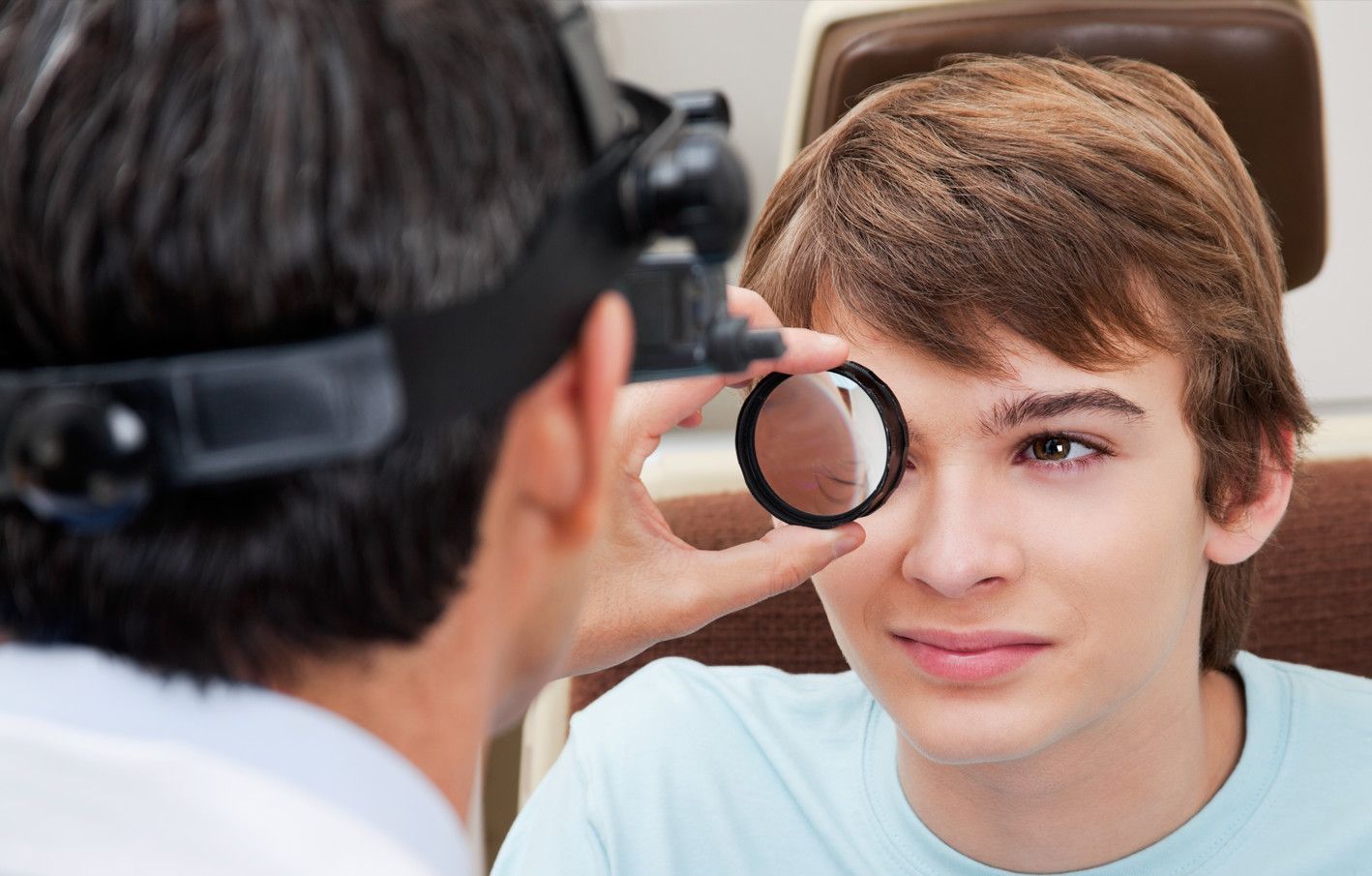
Choosing the wrong eyewear can lead to discomfort, distractions, and even injuries. On the other hand, the right eyewear can improve your performance, protect your eyes, and make your activities more enjoyable.

When it comes to staying fashionable with eyewear, being in the know about the latest eyeglass frame trends is key. This knowledge not only helps you choose frames that suit your style but also ensures that you're not left behind in the fashion race. The beauty of eyewear fashion is that it caters to a diverse range of tastes and styles.

In today's world, our eyes are constantly exposed to various stressors, such as excessive screen time and exposure to artificial light. As a result, the demand for prescription glasses has increased significantly.
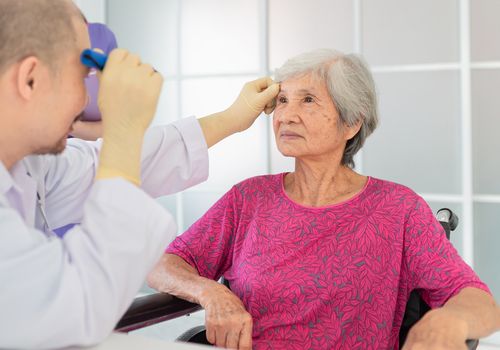
Cataracts are a prevalent eye problem that can develop as you age. It involves the clouding of the natural lens of your eye. That leads to difficulty seeing at night, blurry vision, and sensitivity to glare.
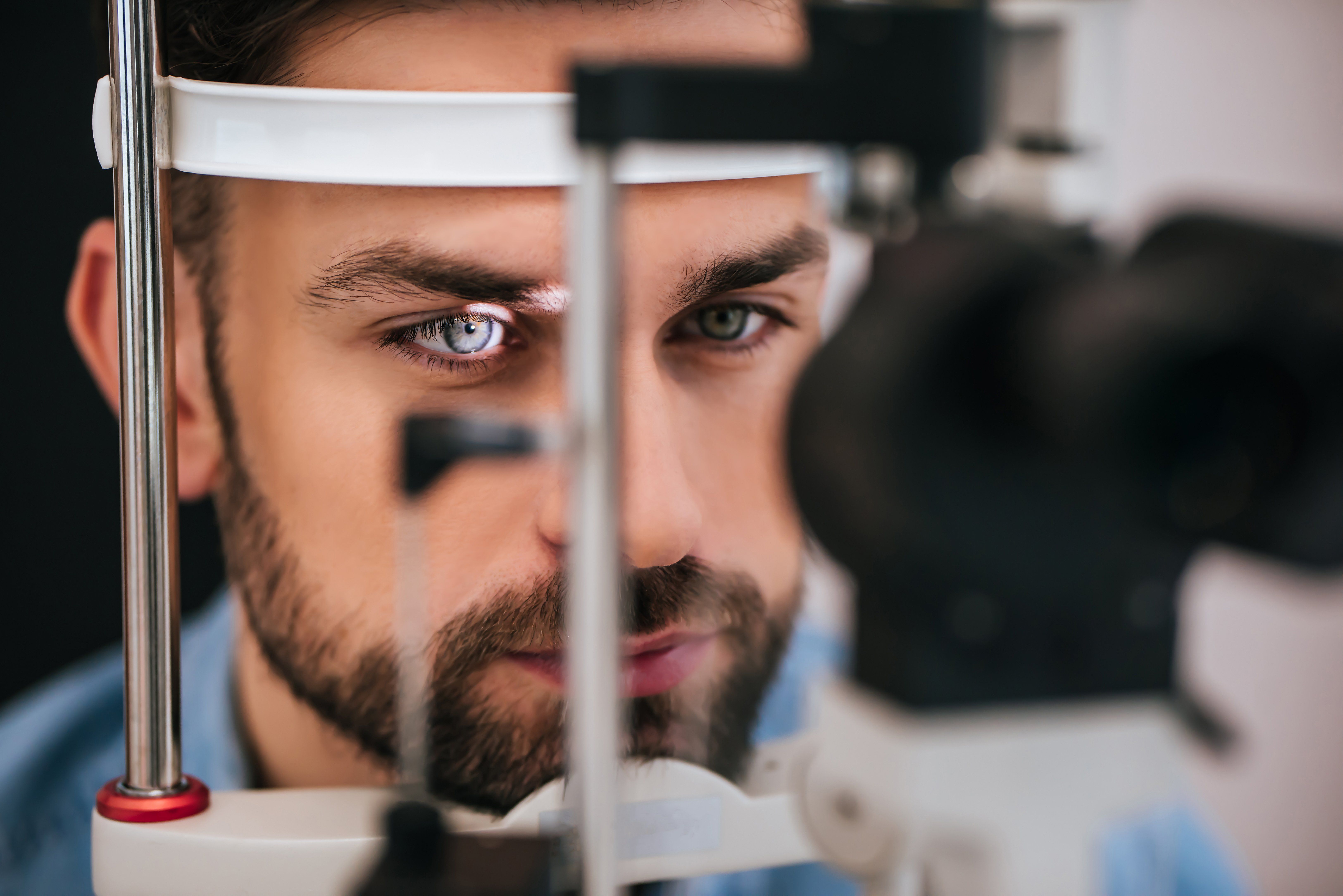
Studies show that eye exams can detect different health problems. That is why the American Academy of Ophthalmology recommends having regular eye exams. This healthy routine can help you get the treatments you need for your general health. Here are the nine health problems that eye exams can spot.
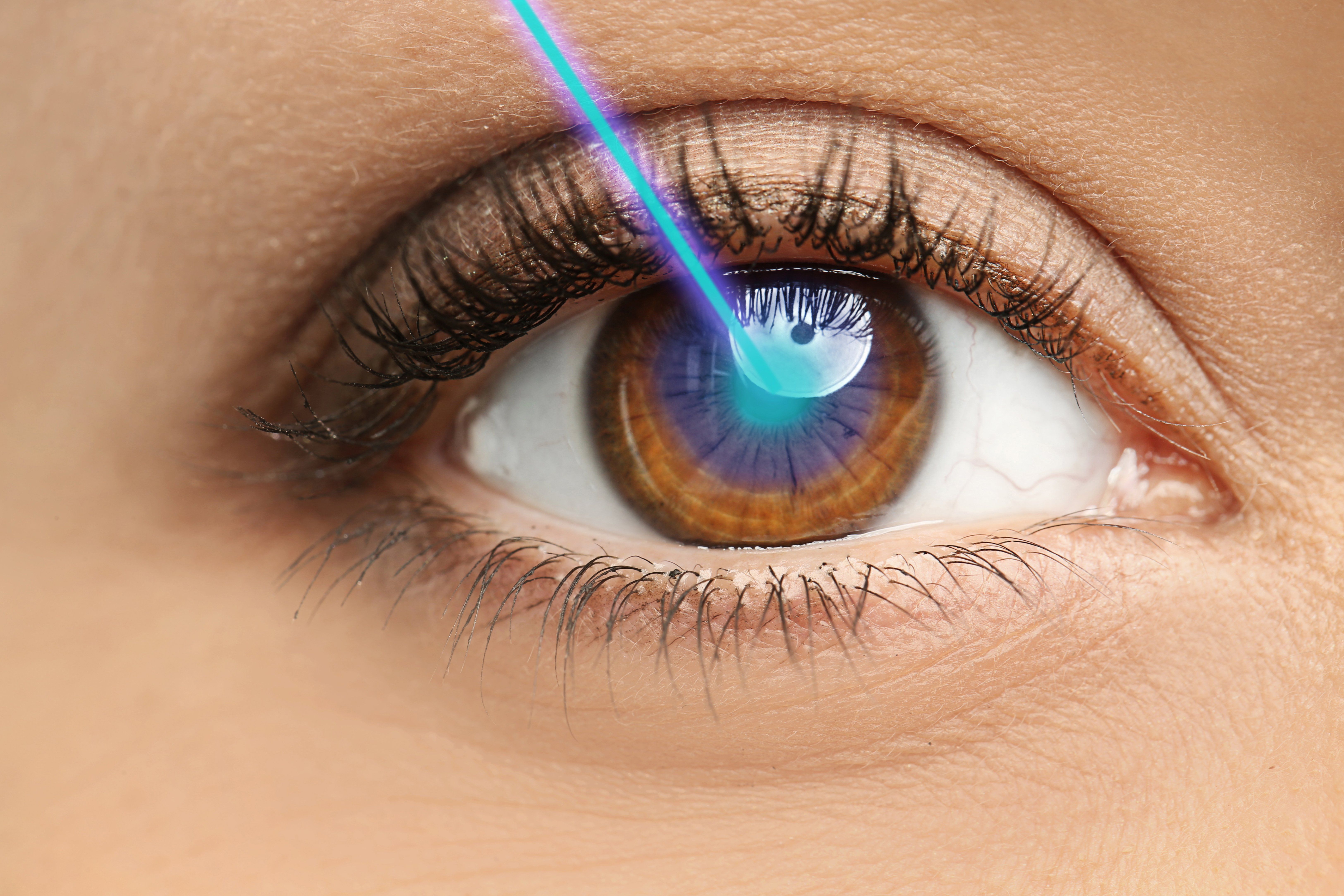
LASIK (laser-assisted in situ keratomileusis) is a treatment that uses light energy to change your cornea’s shape to correct refractive errors and improve vision. Dry eyes allude to the discomfort when tears do not adequately moisturize the eye.

Studies show that around 40 million individuals in the United States are contact lens wearers. But out of every 500 of them, one experiences infection. If left untreated, the conditions can result in severe damage. For example, keratitis, a cornea infection, can result in blindness.
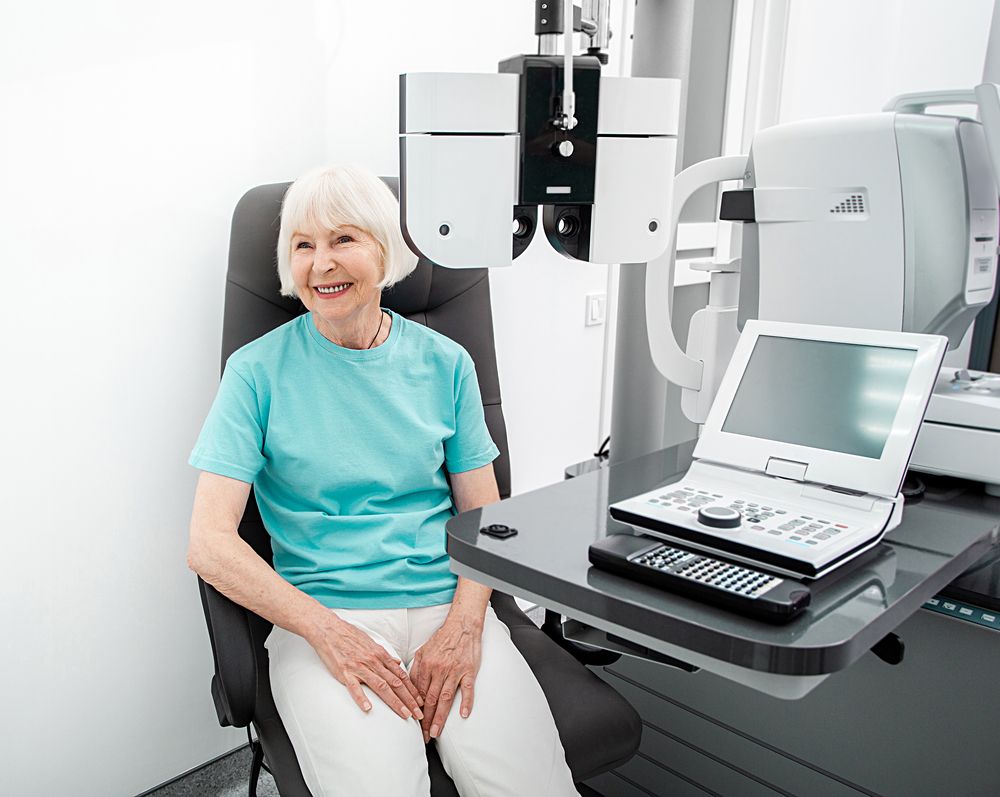
Any part of our body can be affected by illness or disease, including our eyes. There are many issues that can affect the health of our eyes, and by default, our eyesight. One of the most common is macular degeneration.

LASIK remains one of the most popular forms of laser vision correction technique in the United States, with countless people choosing the treatment to improve their eyesight every year. LASIK works by reshaping the clear dome covering the front part of the eye so that light is refracted onto the cornea correctly. It’s safe, it’s effective and it can transform lives.
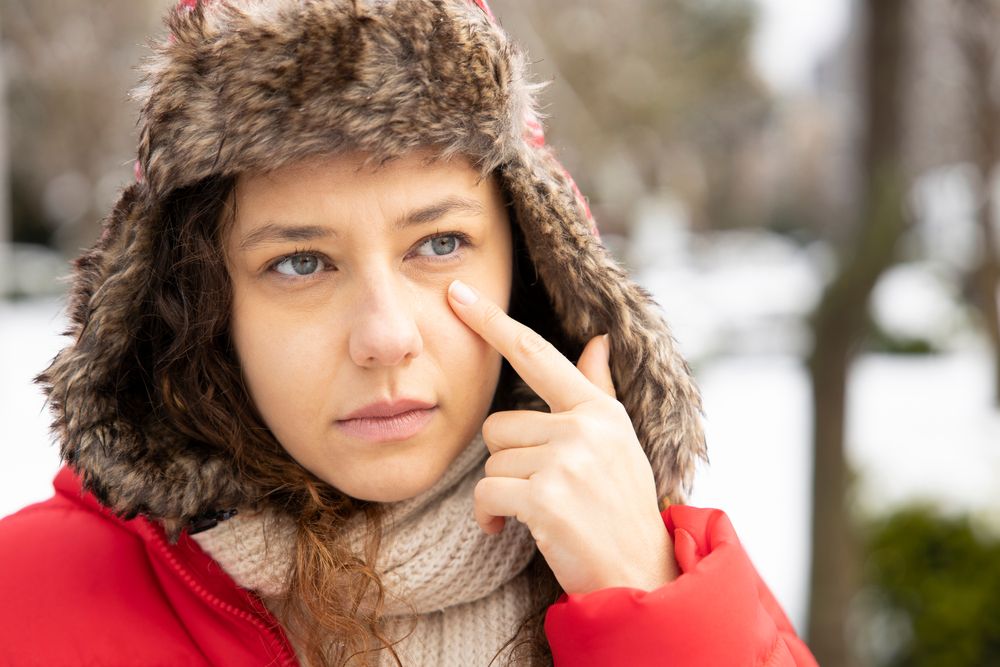
Do your eyes feel dry, stiff, and uncomfortable? Do you suffer from eye fatigue or find it hard to wear contact lenses? If so, you could have dry eye.




